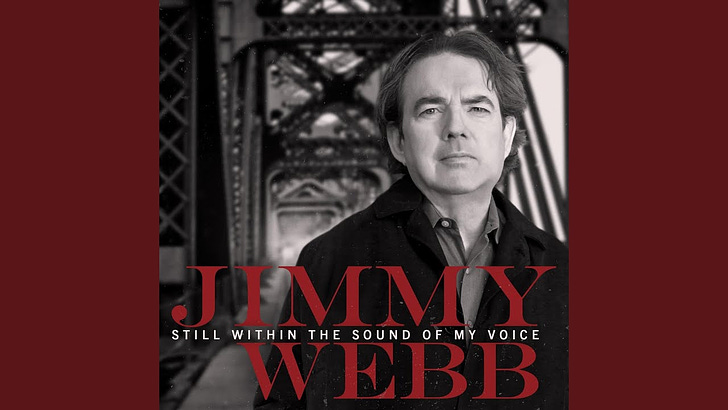Jimmy Webb: The Meaning of MacArthur Park
It's Not Melting in the Dark. From a 1993 Conversation
The songwriter Jimmy Webb was always one of my favorite people to interview. Each session at a restaurant near his office (we met a few times between 1989 and 1993) became a seminar about the art of songwriting and making and arranging records. Most interesting to me, in our conversations, was the way that he struggled against the middle-of-the-road identity that came with his early success as a pop songwriter.
He was 21 when his songs swept the 1967 Grammy Awards. The 5th Dimension's version of Webb's "Up-Up and Away" won Record of the Year and three others Grammy's, including one for Webb as composer of the Song of the Year. And Glen Campbell, who would also become one of Webb's most successful interpreters, won two Best Vocal Performance awards (Best Vocal Performance, Male, and Best Contemporary Vocal Performance, Male) for Webb's now-standard "By the Time I Get to Phoenix."
Webb's other hits for Campbell were the sublime "Wichita Lineman" and the heart-breaking yet hopeful "Galvest…
Keep reading with a 7-day free trial
Subscribe to Critical Conditions by Wayne Robins to keep reading this post and get 7 days of free access to the full post archives.



